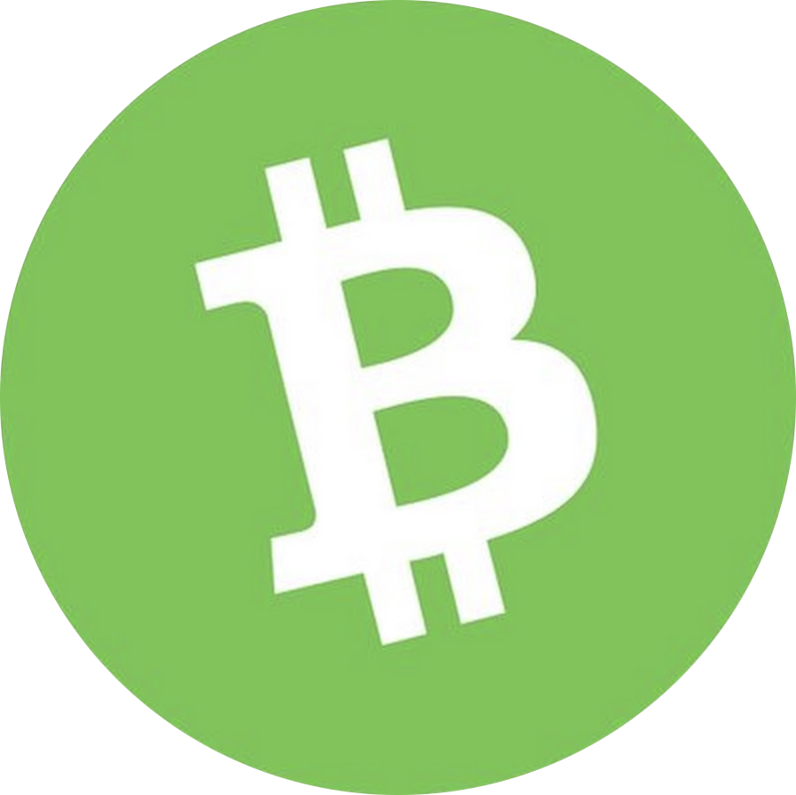Year 2017, a group of developers and entrepreneurs, led by Roger Ver and Jihan Wu, became increasingly frustrated with the slow transaction processing times and high fees on the Bitcoin (BTC) network. They believed that the network’s limitations were due to its small block size, which was capped at 1 megabyte (MB). These developers wanted to create a new cryptocurrency that would address these issues by increasing the block size to 8 MB, allowing for faster and cheaper transactions. They called this new cryptocurrency Bitcoin Cash (BCH). Bitcoin Cash network was launched through a hard fork of the Bitcoin blockchain. This meant that the Bitcoin Cash network was created by splitting the existing Bitcoin blockchain into two separate chains: Bitcoin (BTC) and Bitcoin Cash (BCH). The idea behind Bitcoin Cash was to create a faster and more efficient version of Bitcoin that could handle a higher volume of transactions per second. This was achieved by increasing the block size limit from 1 megabyte (MB) to 8 MB, which allowed for more transactions to be processed in each block.
the early days of Bitcoin Cash, the community was small but passionate. The network was plagued by bugs and security issues, but the developers worked tirelessly to fix them. The price of BCH was initially low, but it began to rise as more people became aware of the network’s potential. Bitcoin Cash also introduced some changes to the consensus algorithm, which is the mechanism used to validate transactions and create new blocks. The new consensus algorithm, known as SHA-256, is the same as the one used by Bitcoin.
One of the key benefits of Bitcoin Cash is its faster transaction processing time. Transactions on the Bitcoin Cash network are typically processed in a matter of seconds, compared to the minutes or even hours it can take for transactions to be processed on the Bitcoin network.
November 2018, a group of developers, led by Amaury Séchet, created a new fork of the Bitcoin Cash network called Bitcoin SV (BSV). This fork was created to implement a new consensus algorithm and to increase the block size limit even further. The split between BCH and BSV was contentious, with some developers and users supporting the new fork and others opposing it. The price of BCH plummeted, but it eventually recovered. 2019, Bitcoin Cash experienced a resurgence in popularity, driven by its growing adoption and the increasing demand for faster and cheaper transactions. The network’s hash rate increased, and the price of BCH rose significantly. Several wallets have been developed to support Bitcoin Cash, including the popular BCH wallet, Electron Cash, bitcoin.com wallet , Cashonize, Zapit, selene. These wallets allow users to store, send, and receive BCH securely and easily. Some site also created to support Bitcoin Cash like memo.cash, noise.cash, read.cash, realbitcoin.cash that every users can get Satoshi (BCH) tips from others by posting. Then the creation of CashTokens, this are digital assets created on Bitcoin Cash. Today, Bitcoin Cash is a widely recognized and used cryptocurrency, with a large and active community of developers and users. The network continues to evolve, with new features and improvements being added regularly.
If you find this content not much of an info. Or it’s same as the others, Then thanks for reading… If you like what you have read, please consider a donation of some Satoshi or CashToken…
$BCH Selene wallet; bitcoincash:qz6zunzhgmjl50wf9jdf7we0t42qff55fvwt64axex
$BCH ZAPIT username; jen_04 or CashToken ZAPIT address; bitcoincash:zqqfuwgzt7e5rq2t90nx0pfflshxgfqw6ctg98fxz9
Thank you for your support…

